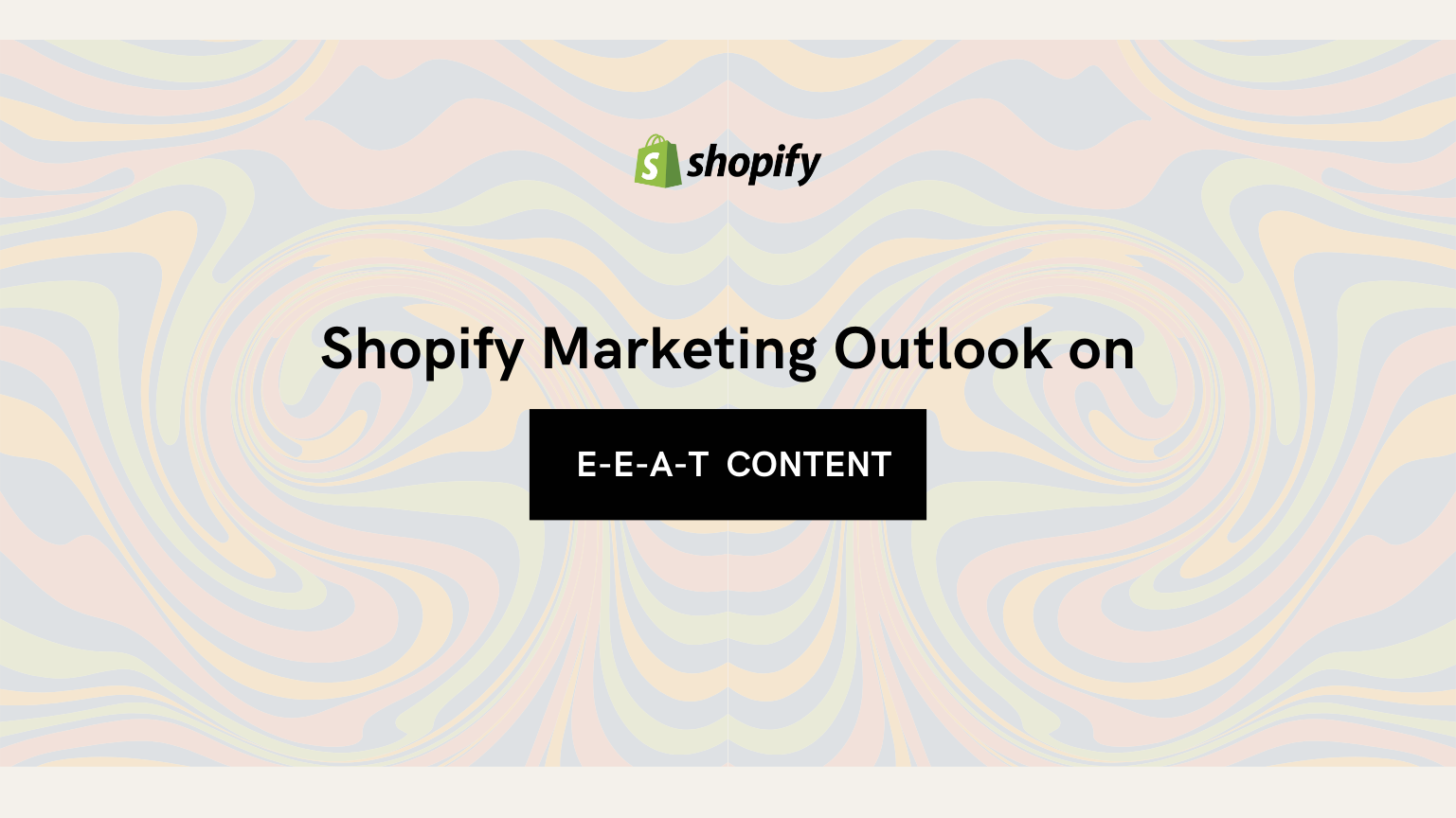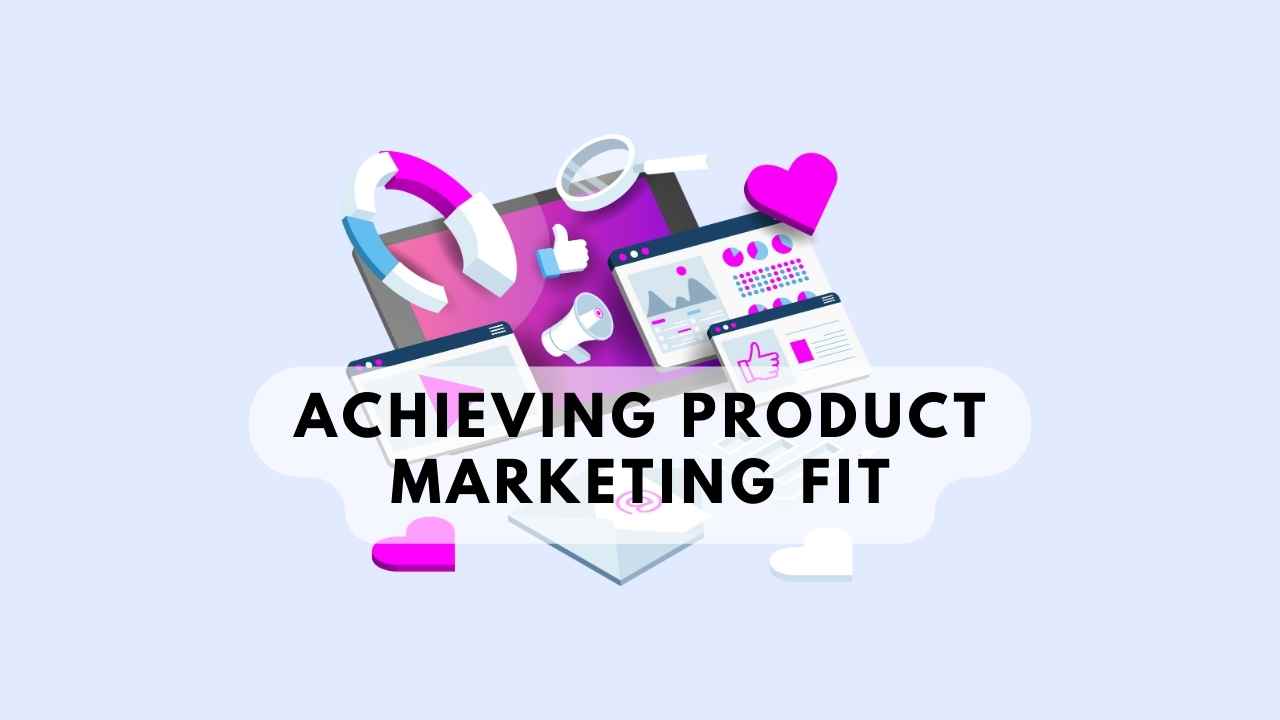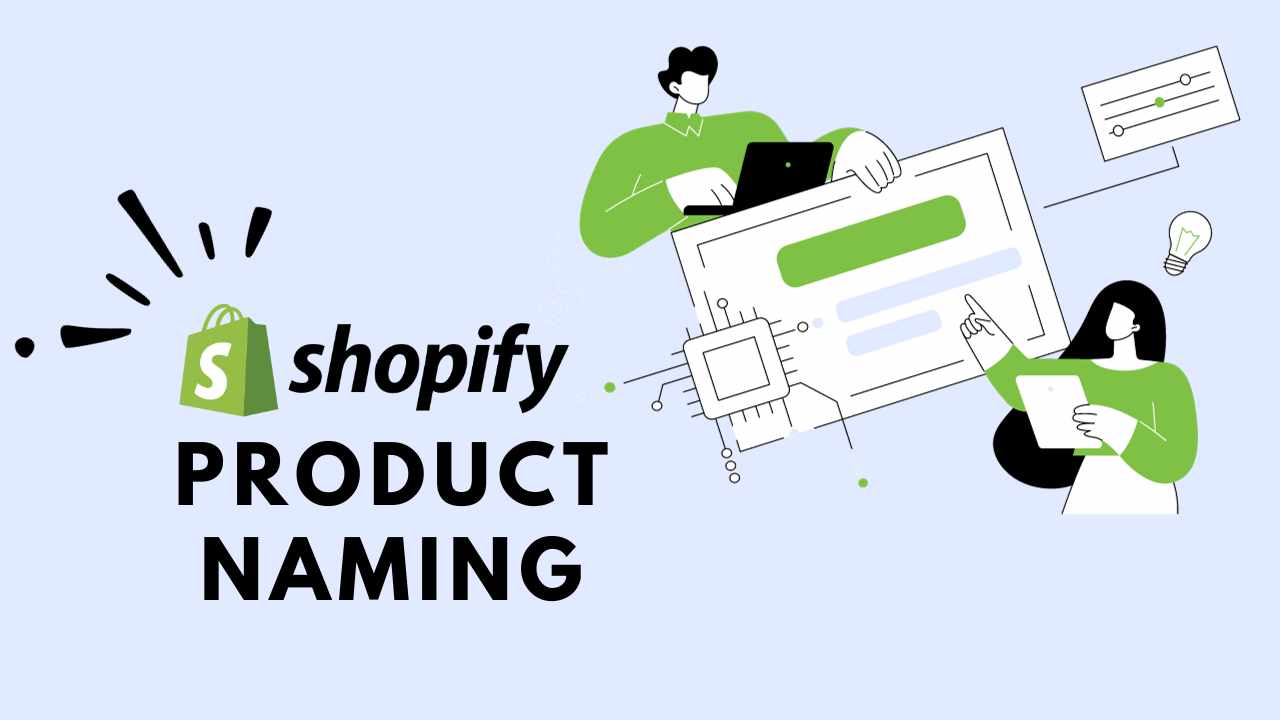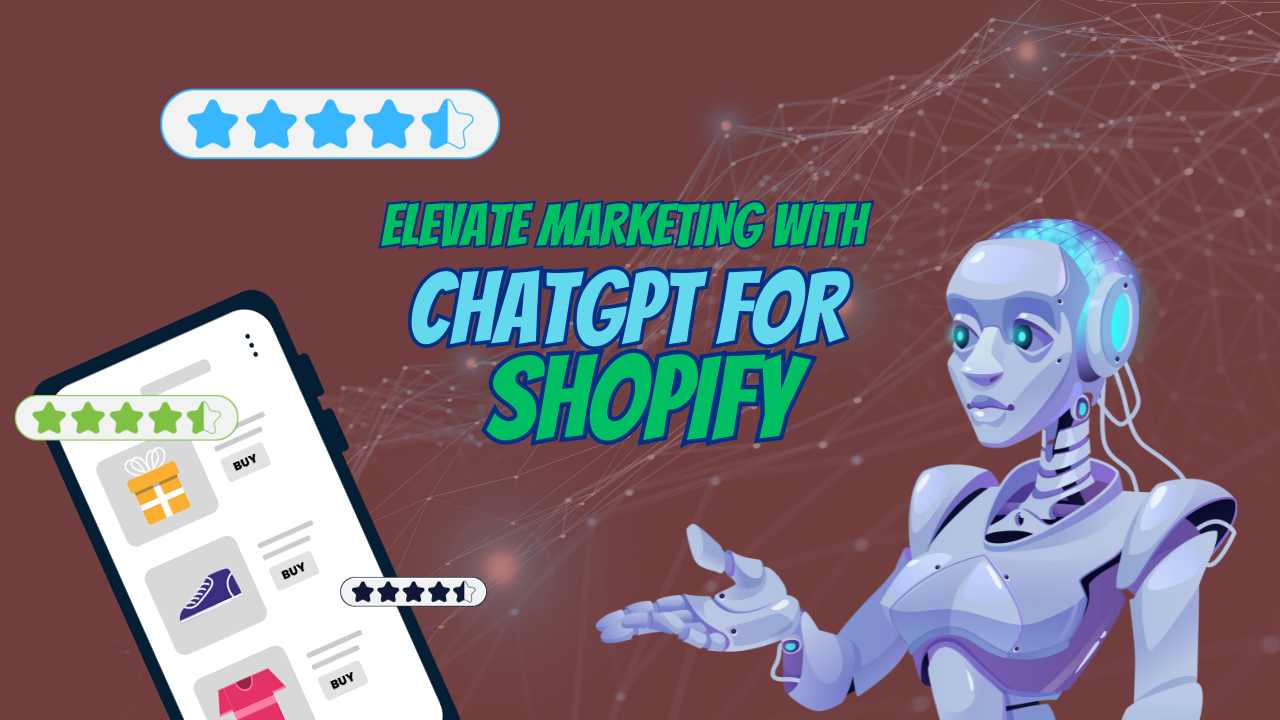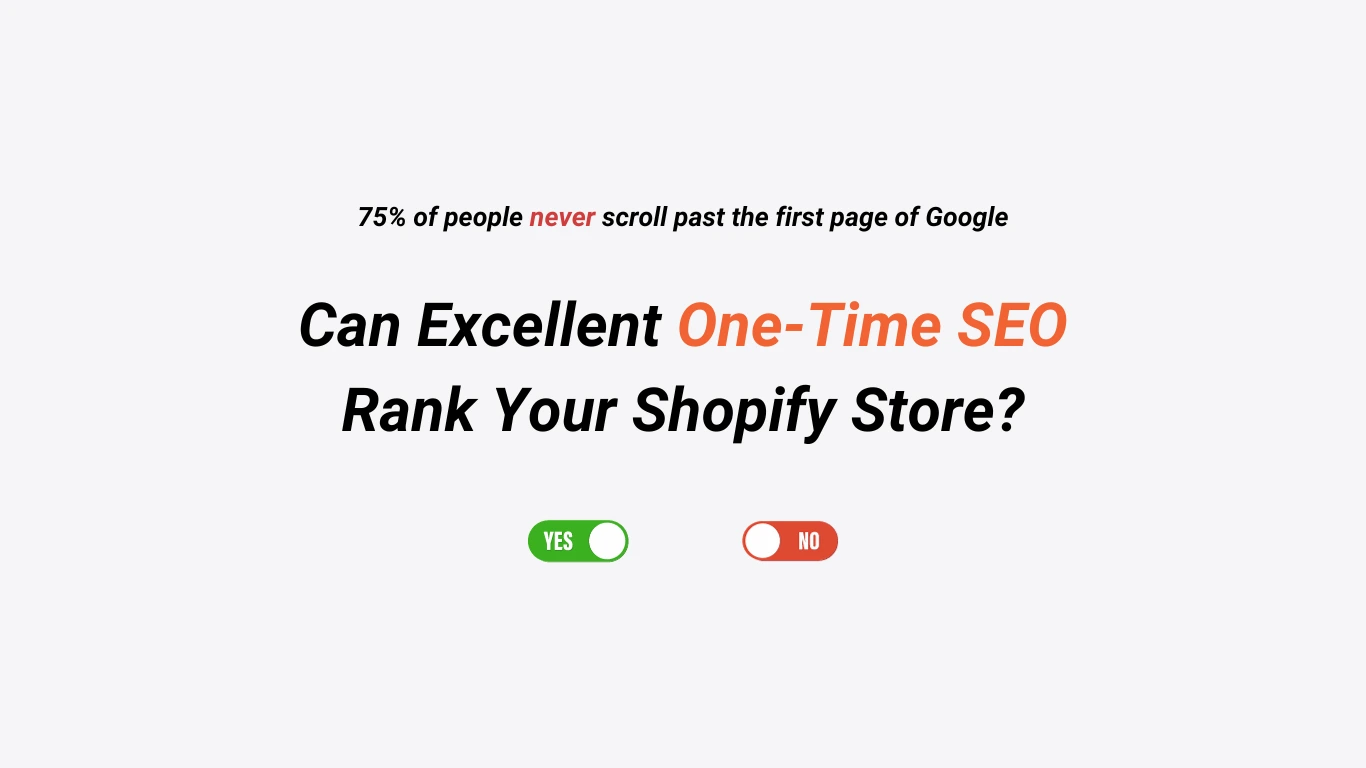What does EEAT stand for?
EEAT stands for Experience, Expertise, Authoritativeness and Trustworthiness. Let’s kick this off by understanding what does EEAT stand for in detail. Google has established EEAT as a crucial framework for website owners.
This is also known as the “Double E-A-T Framework.” ????
In this article, we are discussing how to measure your Shopify Content quality.
Regular content evaluation will keep your content fresh and updated for the Google search engine rankings.
Some SEO Terms to Understand EEAT Content
If you are not familiar with SEO Terminologies, we got you!
Here are some of the terms that we will use throughout the article:
- EEAT— Expertise, Experience, Authoritativeness, Trustworthiness
- SEO— Search Engine Optimization
- KPI— Key Performance Indicators
- SERP— Search Engine Result Page
- MC— Main Content
- SC— Supplementary Content
- Ads— Advertisements/Monetization
- Topical Expertise— Informative Content Authority
- UGC— User Generated Content
- SMM— Social Media Marketing
All these terms are crucial for understanding EEAT Content and building a solid strategy.
This will help you understand the context better ????
Know more about the Best Analytics for Shopify Store’s Success.
Let’s move on to the topic now.
EAT Ranking Factors 2014: Where it all began…
We all know that 2013 was the peak of the Tumbler era. ????✨
The Snapchat epoch. The Vine days. ???? —͟͞͞★
In a one-liner— The content on the internet rapidly started to boom.
These social media platforms allowed people to be more active on the web. Besides that, the corporations joined in as well. With more and more content on the web, it became difficult to assess the rankings. That’s when Google dropped a bombshell on SEO in 2014. They unveiled a ranking factor: E-A-T or Expertise, Authoritativeness, and Trustworthiness.
And then in 2022, Google added the component of “experience” to the guidelines. This was formerly known as the E-A-T Content Strategy. And we all know the experience factor does wonders! Google pushes good content, resources, websites, and online businesses via this algorithm.
And so, keyword-rich E-E-A-T Content becomes one of the Top Shopify Best Practices.
EEAT Content Evaluation for Shopify Websites
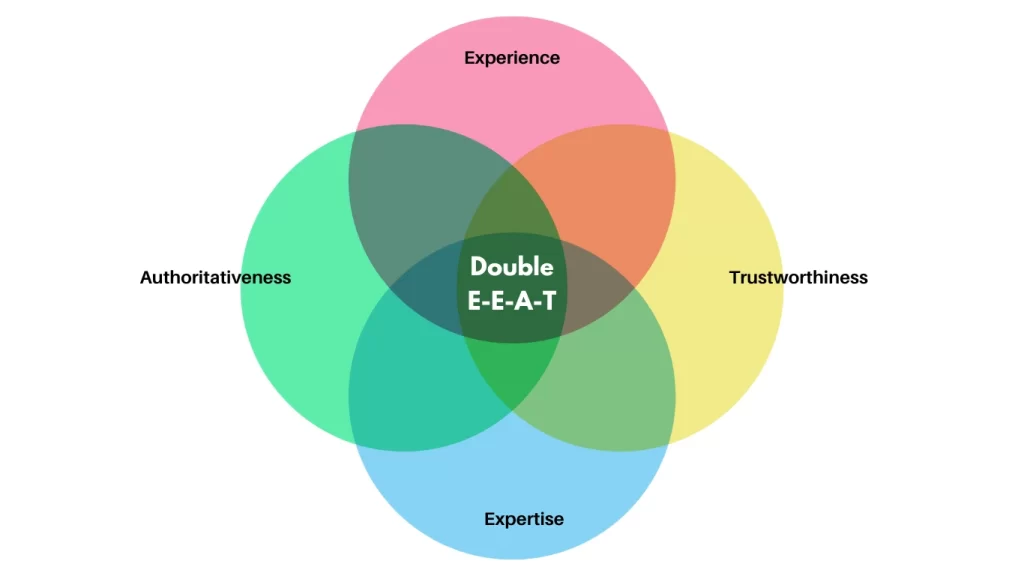
When it comes to Shopify Content Evaluation, Google Raters EEAT Guidelines are the go-to for marketers and businesses.
These guidelines help businesses to ensure their Main Content (MC) and Supplementary Content (SC), both meet the right SERP standards. The Main Content (MC) may include links on the page. Measuring your Shopify EEAT Content Score is based on this guideline. It is used to assess the quality and credibility of your Shopify Content. We briefly discussed what does EEAT stand for, now let’s see how can it be applied to your Shopify Content.
Let’s go over each component of the EEAT framework in a little more detail.
The Components of EEAT
Take a look at these components and what does EEAT stand for.
| Expertise | Authoritativeness | Trustworthiness |
| Demonstrating subject matter knowledge Providing accurate and reliable information Citing credible sources and references | Establishing credibility in the industry Building a strong reputation and expertise Showcasing credentials and qualifications | Ensuring transparency and honesty in content Providing clear and accurate information about products/ services Building trust through customer reviews and testimonials |
Experience— The New E in E-E-A-T Content
People crave real-world insights in life. When looking for information on the web, everyone wants authentic content that helps in decision-making. People seek answers from those who have been in the trenches for high-stakes topics that hugely impact life. Would you take medical advice from a litigator? No right?
In the same way, some important topics must be backed with experience.
For example, topics like:
- Health
- Workout
- Real Estate
- Finance
- Parenting
- Relationship
- Business
- Investment
- More+
So either Shopify Businesses must adapt with E-E-A-T Content or risk getting left behind in the SERP rankings. The businesses that will dominate search results are those able to deliver raw, unbiased, and unfiltered experiences that matter to the customers. Simply regurgitating facts and figures won’t cut it anymore.
So build topical expertise in the content regarding your Shopify business domain.
The hard-won life lessons from real experts qualify as good EEAT content in the eyes of Google.
How to Begin Evaluation of Content with EEAT?
Nothing can rank on Google if the standards are not met. So when it comes to your Shopify Website, evaluating content with EEAT is a must. The quality of content may be highly relevant. But how do you check website content quality? Our Shopify SEO Experts have categorized some key factors that can help businesses maintain high-quality branding.
Check out some of the following key practices that can help you make sure that your website’s content is as per the Google EEAT Guidelines.
1) Evaluating Content Expertise
Evaluating content expertise starts with a quality check of the website. Let’s take an example.
A Shopify website selling slime has very relevant content. But when you dig deep, all the information turns out to be very recent. The content is relevant and talks about the latest events. The dates of the articles cited are also recent news. Additionally, the interlinking articles are well-related to the original topic of the page. A webpage like this can be a great example of Content Expertise.
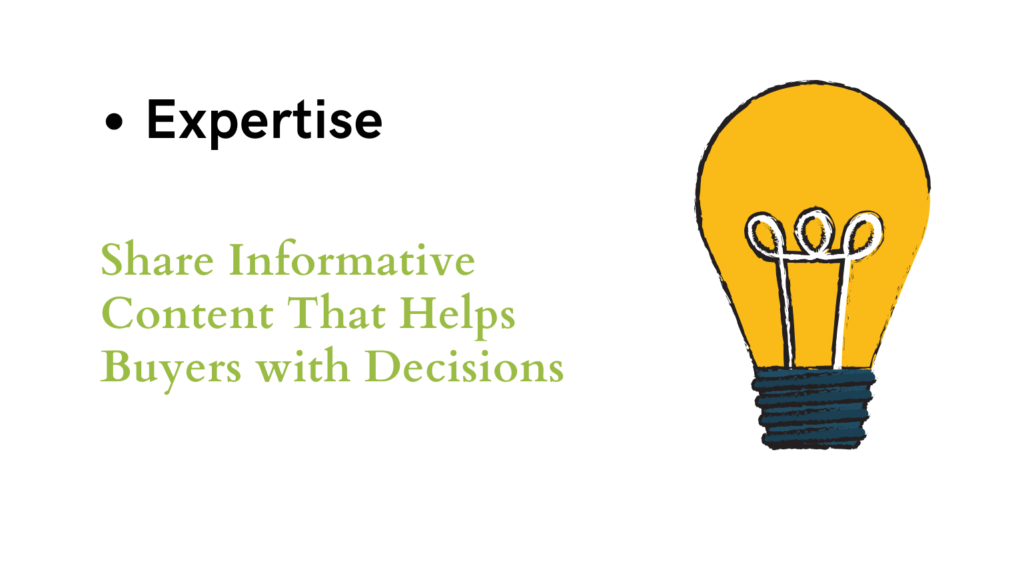
Shopify content expertise can be evaluated by the following factors:
- Content Quality: Checking for accurate and up-to-date information
- Author Biography: Verifying the author’s credentials and expertise
- Citations and Sources: Evaluating the use of reliable sources and references
2) Determining Authoritativeness
SEMrush is a great tool to check the domain authority of your Shopify Website or your competitor’s website.
We will get to the features of this tool further in the article. Basically, SEMrush tells the age and impact of a website on the SERPs like Google. With this tool, Shopify Business can keep track of the KPI metrics that reflect Domain Authority (DA).
One important metric for DA is the quality and quantity of backlinks in your content.

Here’s Something for Resourceful Entrepreneurs!
Get a Free Backlink Outreach Pitch
When creating content for your storefront, you can use this tool to conduct Shopify keyword research like a pro!
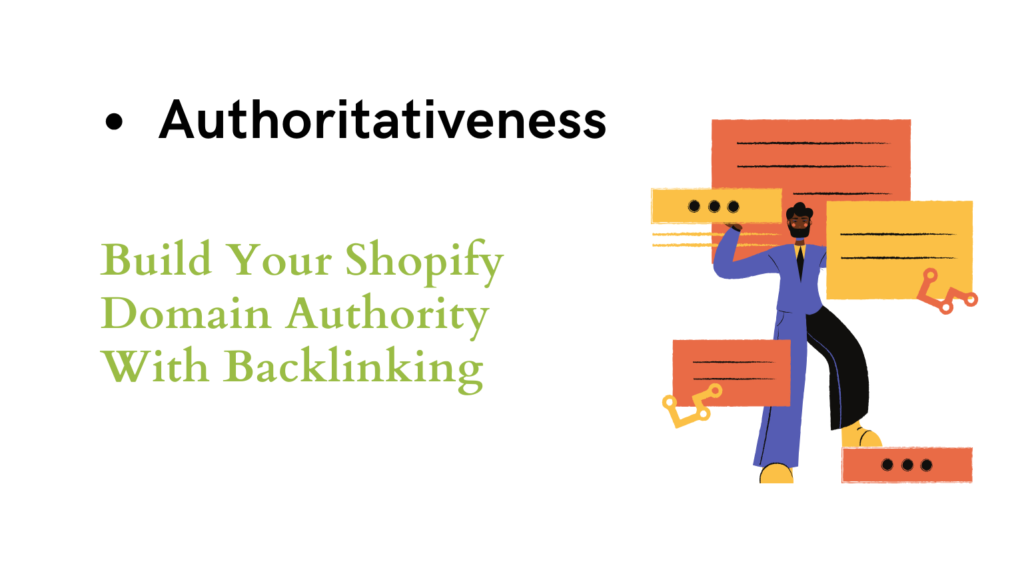
The authoritativeness of your Shopify Business Website can be evaluated by keeping track of the following factors:
- Author’s Reputation: Researching the author’s specialized industry authority
- Shopify Website DA: Assessing the domain authority and backlink profile
- Analyzing the author’s social media presence and engagement
3) Establishing Trustworthiness
Once a visitor lands on your storefront, the first five seconds are crucial.
Businesses can reduce their bounce rate on Shopify with the help of a welcoming and navigable website.
“In fact, 67% of online shoppers in the United States read the refund policy before making a purchase.“
Does your Shopify Store have a well-written refund policy? If not, then this could potentially be the reason for lost sales and abandoned carts on your website. Check out our guide Shopify Refund Policy 101 for transformational tips on creating an impactful Shopify refund policy.
This will help you retain customers from leaving your store way too soon.
Another way to establish trust is Shopify Reviews.
Having a Google Business Profile, and Shopify On-Page Optimization is crucial for your online store. All these reviews act as social proof of your product quality and standards. An estimated 12% of the top Local SEO factors are reviews as per Bright Local.
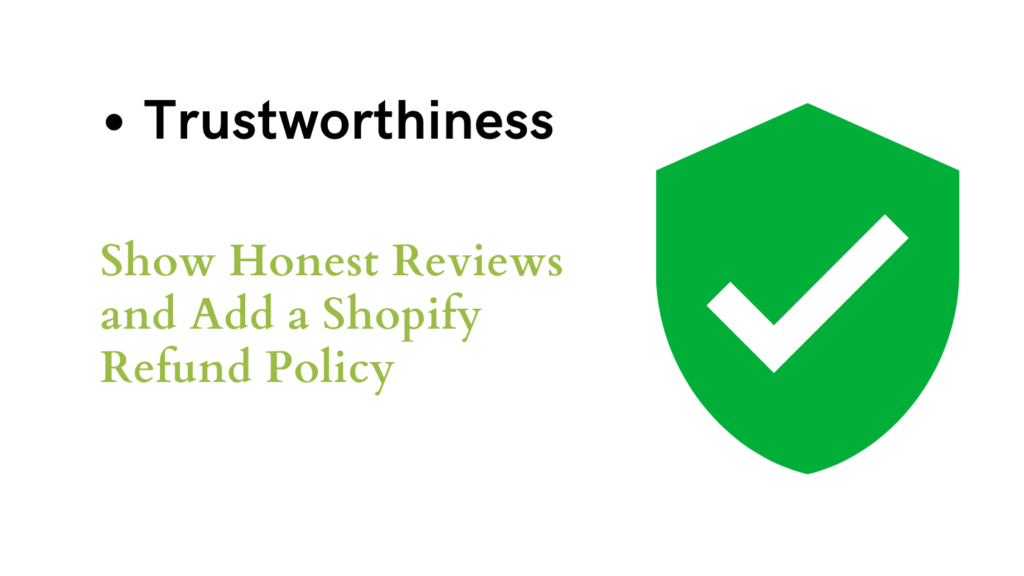
So the key factors for creating Trustworthy Content on your Shopify Website are:
- Smooth Navigation: Evaluating the website’s design and user experience
- Clear Refund Policy: Assessing the presence of clear and transparent policies
- Build Social Proof: Analyzing customer reviews and testimonials is a must
What does “Experience” in EEAT Stand for?
The “E” for Experience in E-E-A-T requires a rather nuanced approach.
With great content comes great responsibility. You see, not all topics lend themselves well to personal stories…
For technical and complex subjects (eg: knee surgery), expert advice is still the gold standard. But when it comes to your Shopify Business, you must determine when readers will benefit most from an authentic experience versus a professional opinion.
Let’s say you are a Shopify Business selling one of the best wireless earbuds under $290.
You just released a new flagship product on your Shopify Website. So generating buzz around the product with valuable and authentic information is a great move. It does wonders for loyal customers who want to upgrade to your newest earbuds. After all, authentic experiences evoke the desire to make a final purchase decision.
On the other hand, for the readers still in the “comparison phase,” it is better to give out a professional expert opinion. Do they want the earbuds with better bass? Are they looking for more battery power? Are they looking for a sleek design or an all-in-one at a cost-effective price? Such comparative and informative content may want the buyer to make a final purchase.
- Expertise
- Authoritativeness
- Trustworthiness
All these three components make your Shopify Website brimming with Topical Experience.
Moreover, EEAT Content can also boost your Social Media Marketing (SMM) to a great degree.
Conclusion
EEAT is a valuable framework introduced by Google to evaluate the quality and credibility of your Shopify Content. We hope this article helped you understand what does EEAT actually stand for. With this overview, you might have already figured out some of the potential reasons for website bounce rates. By focusing on expertise, authoritativeness, and trustworthiness, website owners and businesses can ensure that their content meets the standards set by Shopify and provides a positive user experience.
Implementing EEAT in Shopify websites is essential for building trust, establishing authority, and ultimately driving success in the online marketplace.
Our next article can help you out even more:
Nail Your Shopify EEAT Content Strategy with UGC

